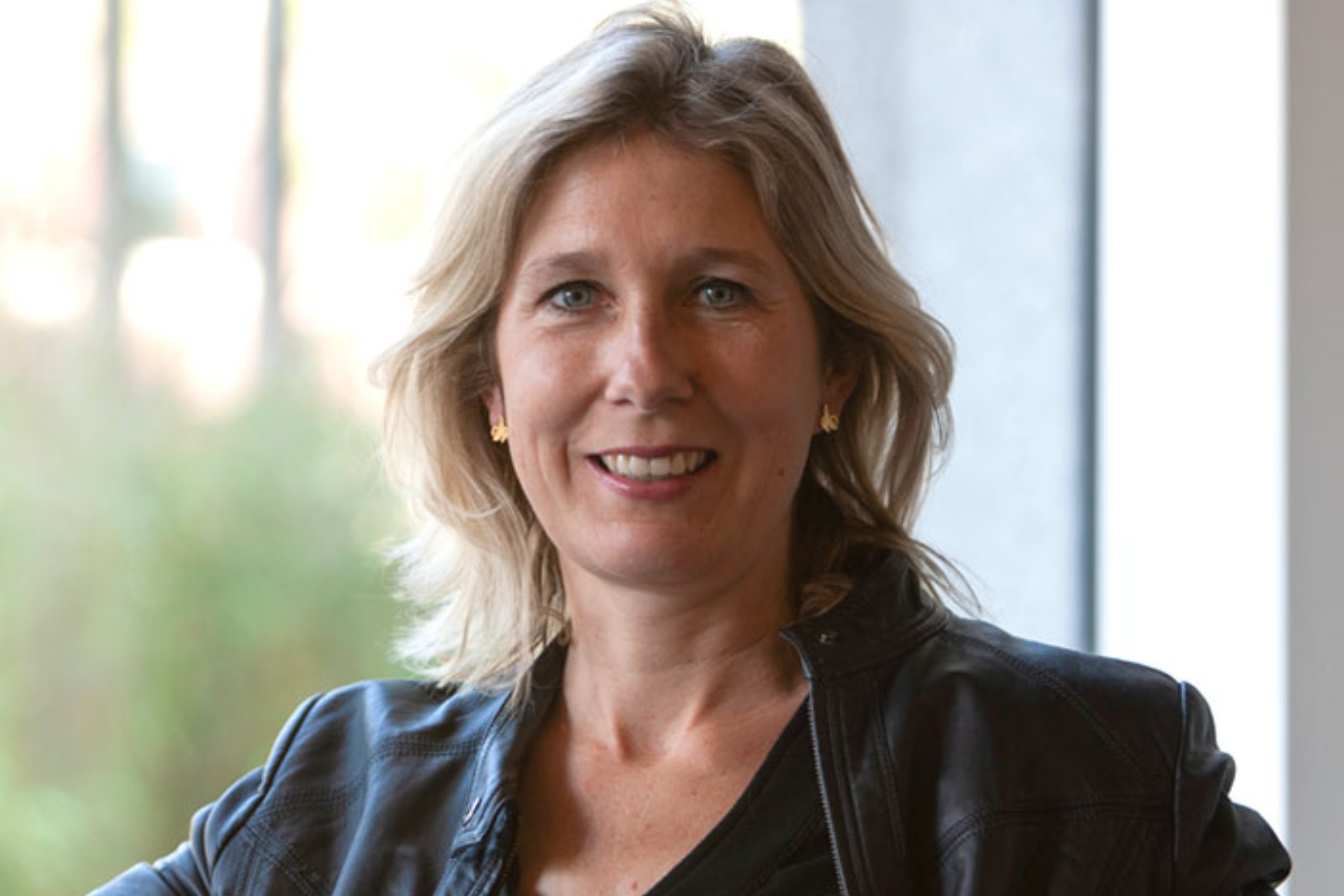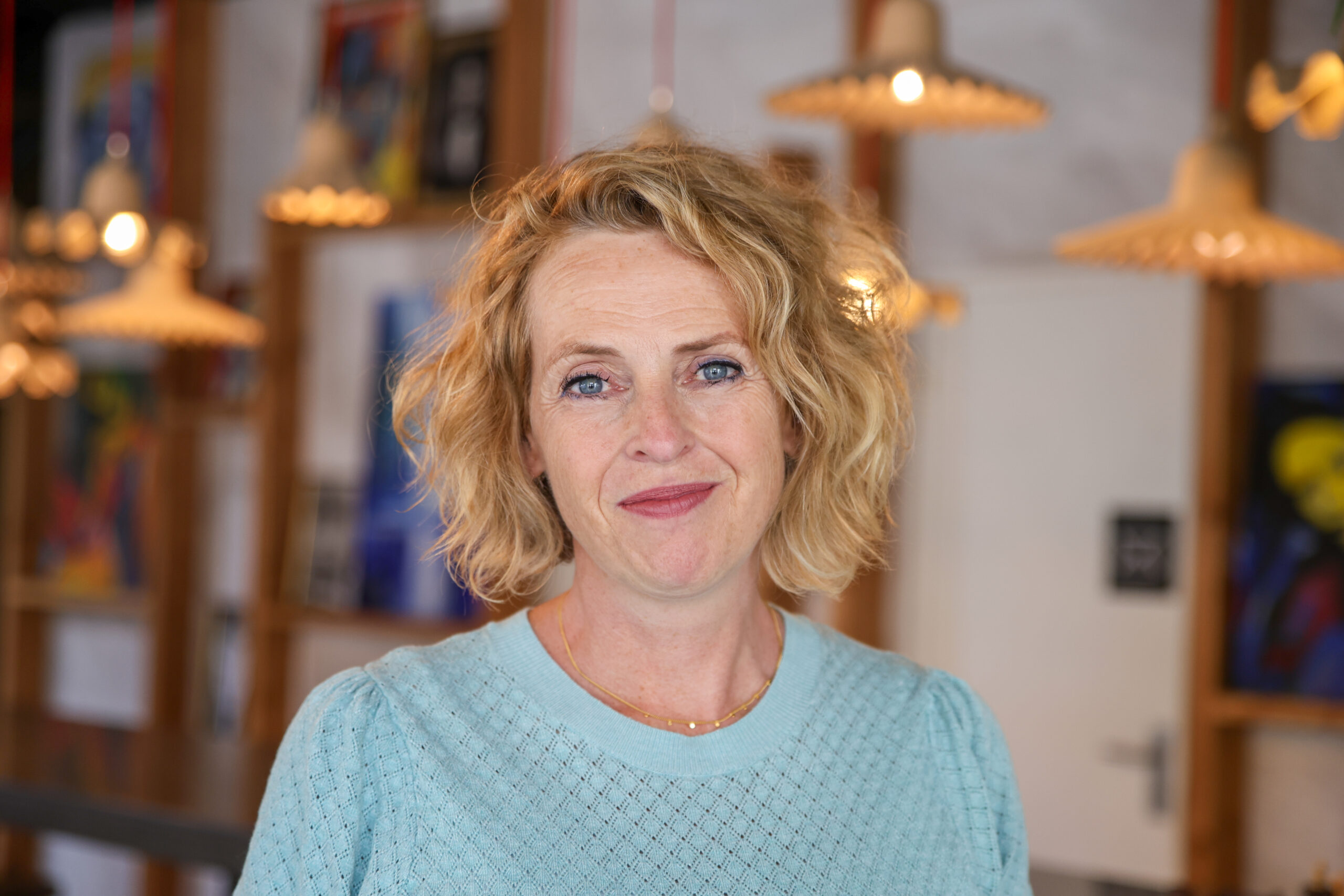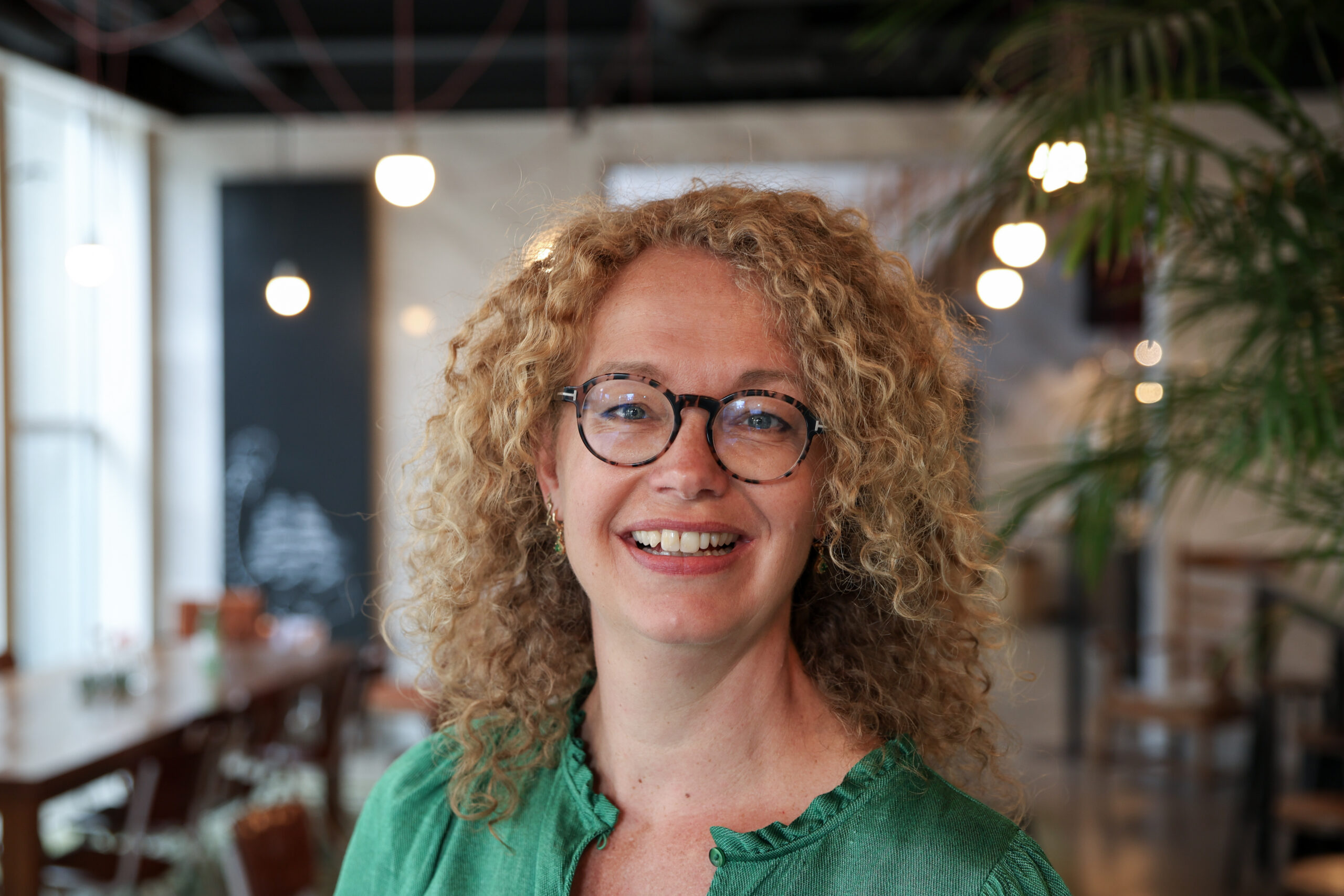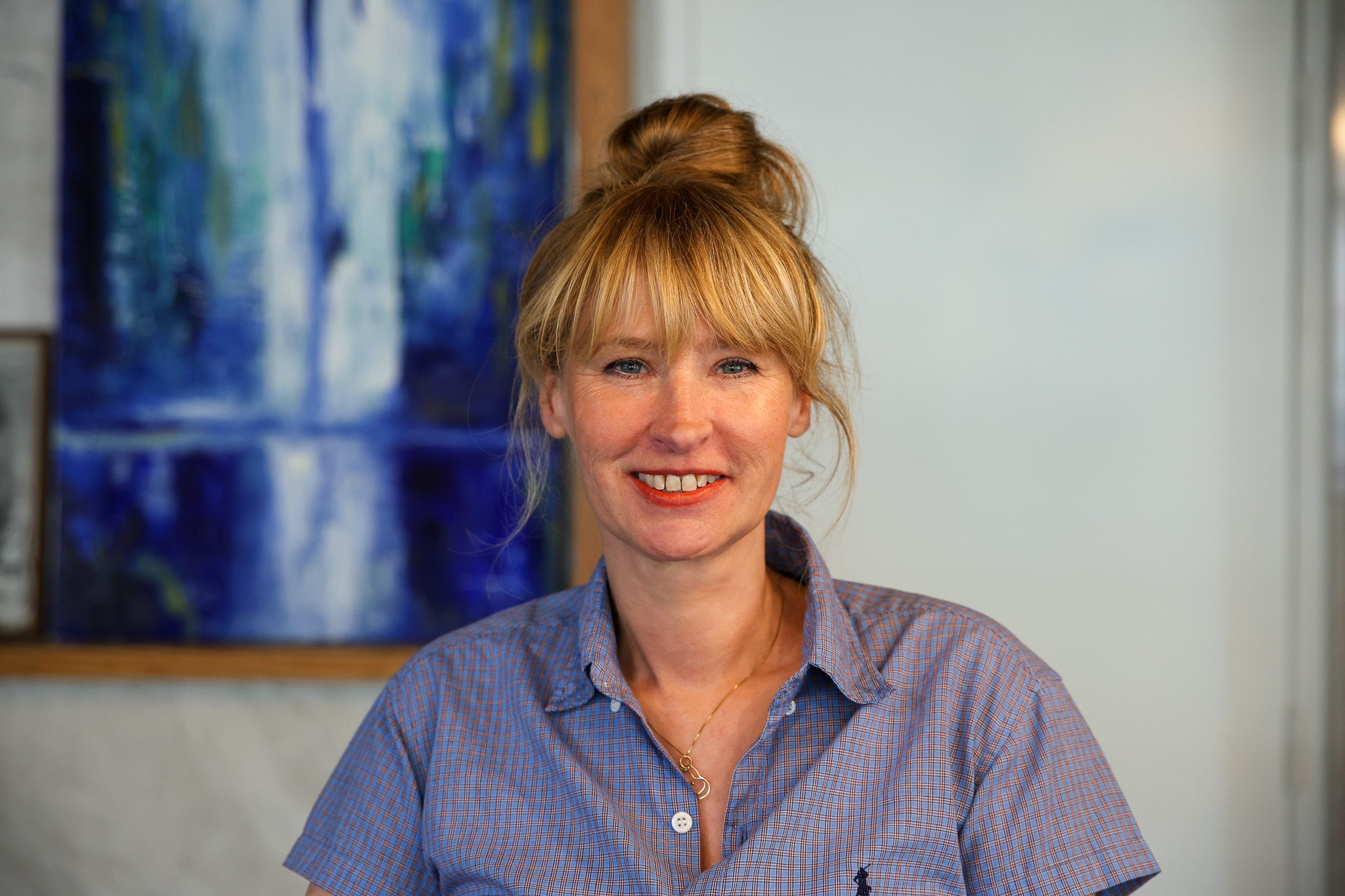Stress and burn-out coach Amsterdam
Stress and burnout coaching for the highly educated
Stress and burn-out coach Amsterdam
Stress and burnout coaching for the highly educated
When to see a stress and burnout coach:
- Want to feel healthy, relaxed and energetic (again)?
- Do you often take on too much, and want to avoid future breakdowns?
- Do you want to understand yourself better and gain insight into the root causes of your tension symptoms?
- Are you in survival mode; are you tired and irritable and experiencing little pleasure, satisfaction and/or perspective?
- Do you want to experience a more balanced life & work?
- Have you been suffering from sleep problems, less concentration, stronger emotions, unexplained physical complaints and/or are you brooding more than usual?
- Have you dropped out and want concrete support to recover and reintegrate?
Vision
When you suffer from stress symptoms and have chronic stress built up in your body, the balance of effort and relaxation is no longer there. Your body no longer knows how to release tension and is permanently in survival mode.
Be gentle with yourself in this; we all struggle with this. The important thing now is to learn to apply the brakes so that physical recovery can take place and your battery can recharge. Coaching can help you with this. Concrete support from someone who understands the bumps to be taken and is close by. And then the work really starts; what do your symptoms, your overstrain or burnout have to teach you? How can you listen to yourself again (your body, your emotions, your needs, your passion, your baggage from the past) so that you can take care of yourself differently and better and enjoy yourself again.
That closeness with a focus first on braking and physical recovery, and then working on underlying obstructive patterns so that profound change can take place; that is what we stand for and what we are about.
What does a stress coach provide?
- You experience balance and joy in life and work (again).
- A concrete recovery roadmap explaining what a recovery process can look like and clear advice on recovery.
- Support in coordinating with your employer (incl. occupational health physician) and/or home, guidance in reintegration.
- Thinking along if additional help is desired and if so which one is the best fit.
- Getting to know your body, emotions, wishes and limits better and listening and acting accordingly.
- Attention to and acceptance and processing of what has happened (no pain no glory).
- Understanding underlying causes of overload and breaking old patterns that get in the way of good self-care.
- Tools to recognise overload in the future in good time and be able to intervene (learn to brake and limit).
What does a trajectory look like?
Every coaching programme is tailor-made, but characterised by a number of fixed elements. First of all, we start with an informal introductory conversation. Here, you can tell more about your situation and what you would like to get out of the programme. On this basis, the coach writes a proposal (if desired) that describes your wishes and development goals. In consultation and as required, contact can be made with employer, occupational health physician and the home front. Coaching usually consists of a process that includes nine or twelve one-and-a-half-hour sessions. Where necessary, we adjust the length of the sessions to the available energy and focus.
In between, you will work on homework assignments. So that the insights obtained can also be applied in practice. The coaching process can end with a 3-interview with your manager. An online CSR© stress measurement can be used to assess the level of chronic stress.
Client experiences with balance and stress coaching
'The high workload combined with personal circumstances put me in a situation that was not sustainable'
Customer story Esther - Medical Professional
On her experiences with balance and stress coaching
"Two years ago, my father died quite acutely, after which I focused fully on my studies. My graduation, which was actually supposed to take a year, I crammed into three months. During that time, I was offered a really cool job that I couldn't say no to. I thought: don't moan, keep going. And I did; 60- to 70-hour working weeks were a habit rather than an exception. Despite the high workload and the often negative atmosphere, I wanted to prove myself and kept going. Until I realised that that was no longer possible.
My then boss had made me an offer: if I could promise to keep working in his company for about five years, I might take over. The company had a very good reputation, so this was such a huge opportunity, I had to and would grab it. But the stress became too much for me. I couldn't sleep anymore, had panic attacks and no longer felt like doing fun things. That's when I knew: I can no longer solve this on my own.
'Wendy helped me get out of survival mode'
Googling led me to LemonGrass Coaching, which focuses mainly on the higher educated. That appealed to me. And I came to Wendy because her piece showed that she specialises in dealing with stress, and she has experience working with people who have been through a lot. Her sensitive side also came out. After I emailed her, she called me, which was a very pleasant conversation. I immediately felt a nice energy with her.
During the first sessions, Wendy helped me come out of my survival mode. On the one hand, I was panicking; on the other, I felt nothing. Wendy was quite strict with me, asking me what was going on inside me. Why were the alarm bells going off? What exactly was the problem? She told me to go back to my feelings and I remember thinking: gosh, what a load of nonsense. Because I kept going, I had no time to reflect on what I was feeling. But when I finally did pause, a lot came up.
'I wasn't used to seeing grief as something that is also allowed to be there'
The death of my father, fleeing my studies afterwards, and also a move had had more impact on me than I thought. I always perform well under pressure, so I thought I would be fine now too. Wendy taught me that something you have not dealt with is like a debt you keep building up: you will have to pay it off one day.
Beforehand, I thought I would talk to Wendy about my career in a business-like way, but we also discussed very personal things. She managed to make me feel comfortable at all times, even when I got emotional. I wasn't used to seeing grief as something that was also allowed to be there. During those emotional periods, Wendy often sent me an email or called to ask how things were going. I found that incredibly nice.
'I discovered I am very bad at saying no'
It was not an easy choice but I quit my job then. With Wendy I tackled my stress symptoms, she introduced me to mindfulness, I learned to plan better and we talked a lot. I discovered that I am very bad at saying no, and that I find work happiness very important, but that I had no idea how to achieve it.
Somehow I knew I had to recover before I could move on again, but when I was asked for an interview for another great job within a month, I couldn't say no. Even then, Wendy didn't judge what I was doing. Her strength is that, from a neutral stance, she teaches me to make my own judgements, feel confident, say no and be proud of what I do. I now know that I also moved into this second job too quickly, and made the choice to leave there.
'Wendy helped me realise that sometimes you have to take a step back in order to then grow'
Right now I don't know exactly what I will do, but I would like to start for myself. The freedom and autonomy of having my own business suits me well. Previously, I chose my jobs on prestige and recognition, whereas I actually find it much more important that I have contact with clients and can determine my own working hours. I mainly took into account what others would think of me and my work, but now I know that doesn't make me happy.
Wendy made me realise that I don't need to prove myself, because I am good the way I am. And I thought it would give me a lot of leverage to know exactly what my career will look like, but now I realise that less leverage also means more air and space. I don't need to know exactly how everything will turn out, and I can't. With Wendy's help, I have learned to realise that sometimes you have to take a step back in order to be able to grow afterwards."
- At the interviewee's request, the name Esther has been fictitious.
Client experiences with balance and stress coaching
'The high workload combined with personal circumstances put me in a situation that was not sustainable'
Customer story Esther - Medical Professional
On her experiences with balance and stress coaching
"Two years ago, my father died quite acutely, after which I focused fully on my studies. My graduation, which was actually supposed to take a year, I crammed into three months. During that time, I was offered a really cool job that I couldn't say no to. I thought: don't moan, keep going. And I did; 60- to 70-hour working weeks were a habit rather than an exception. Despite the high workload and the often negative atmosphere, I wanted to prove myself and kept going. Until I realised that that was no longer possible.
My then boss had made me an offer: if I could promise to keep working in his company for about five years, I might take over. The company had a very good reputation, so this was such a huge opportunity, I had to and would grab it. But the stress became too much for me. I couldn't sleep anymore, had panic attacks and no longer felt like doing fun things. That's when I knew: I can no longer solve this on my own.
'Wendy helped me get out of survival mode'
Googling led me to LemonGrass Coaching, which focuses mainly on the higher educated. That appealed to me. And I came to Wendy because her piece showed that she specialises in dealing with stress, and she has experience working with people who have been through a lot. Her sensitive side also came out. After I emailed her, she called me, which was a very pleasant conversation. I immediately felt a nice energy with her.
During the first sessions, Wendy helped me come out of my survival mode. On the one hand, I was panicking; on the other, I felt nothing. Wendy was quite strict with me, asking me what was going on inside me. Why were the alarm bells going off? What exactly was the problem? She told me to go back to my feelings and I remember thinking: gosh, what a load of nonsense. Because I kept going, I had no time to reflect on what I was feeling. But when I finally did pause, a lot came up.
'I wasn't used to seeing grief as something that is also allowed to be there'
The death of my father, fleeing my studies afterwards, and also a move had had more impact on me than I thought. I always perform well under pressure, so I thought I would be fine now too. Wendy taught me that something you have not dealt with is like a debt you keep building up: you will have to pay it off one day.
Beforehand, I thought I would talk to Wendy about my career in a business-like way, but we also discussed very personal things. She managed to make me feel comfortable at all times, even when I got emotional. I wasn't used to seeing grief as something that was also allowed to be there. During those emotional periods, Wendy often sent me an email or called to ask how things were going. I found that incredibly nice.
'I discovered I am very bad at saying no'
It was not an easy choice but I quit my job then. With Wendy I tackled my stress symptoms, she introduced me to mindfulness, I learned to plan better and we talked a lot. I discovered that I am very bad at saying no, and that I find work happiness very important, but that I had no idea how to achieve it.
Somehow I knew I had to recover before I could move on again, but when I was asked for an interview for another great job within a month, I couldn't say no. Even then, Wendy didn't judge what I was doing. Her strength is that, from a neutral stance, she teaches me to make my own judgements, feel confident, say no and be proud of what I do. I now know that I also moved into this second job too quickly, and made the choice to leave there.
'Wendy helped me realise that sometimes you have to take a step back in order to then grow'
Right now I don't know exactly what I will do, but I would like to start for myself. The freedom and autonomy of having my own business suits me well. Previously, I chose my jobs on prestige and recognition, whereas I actually find it much more important that I have contact with clients and can determine my own working hours. I mainly took into account what others would think of me and my work, but now I know that doesn't make me happy.
Wendy made me realise that I don't need to prove myself, because I am good the way I am. And I thought it would give me a lot of leverage to know exactly what my career will look like, but now I realise that less leverage also means more air and space. I don't need to know exactly how everything will turn out, and I can't. With Wendy's help, I have learned to realise that sometimes you have to take a step back in order to be able to grow afterwards."
- At the interviewee's request, the name Esther has been fictitious.
Meet our coaches
Janique Wienk
Career and life coach/psychologist
Sandra Meijer
Career, Stress and Life coach/psychologist
Wendy van de Kragt
Personal leadership and Stress coach/psychologist
Jeannette Hakman
Personal Leadership, Stress and Career coach/psychologist
Request a free introductory meeting
Would you like to see if there’s a good fit? Request a free, no-obligation introductory meeting.







